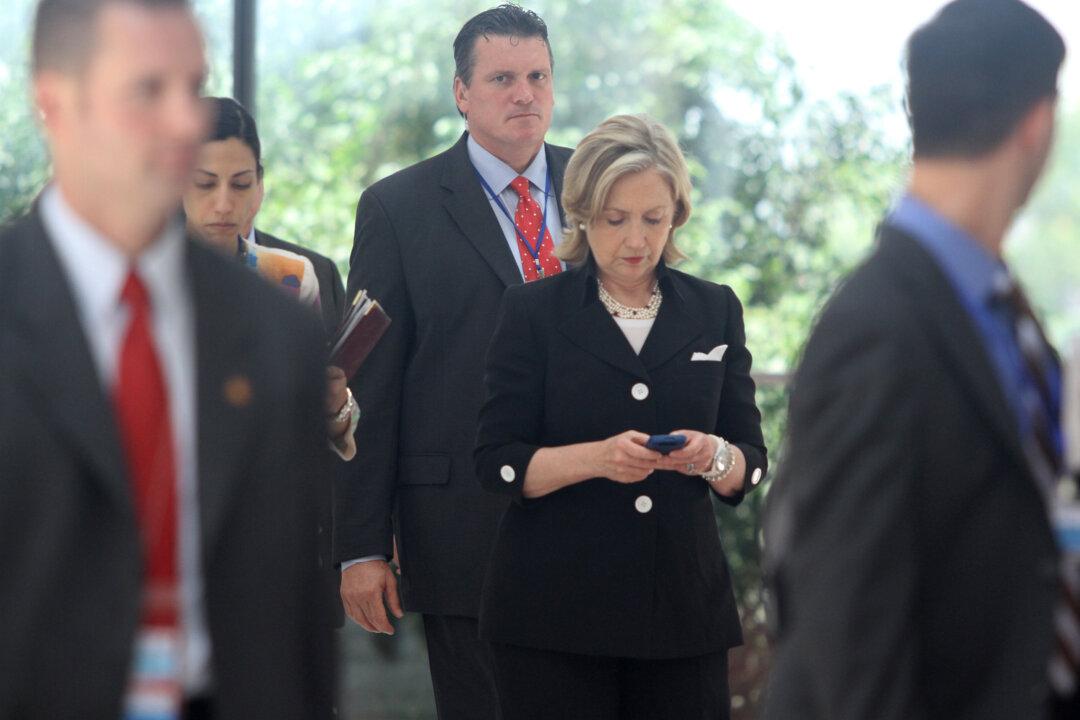Commentary
Political legitimacy requires two things: the rule of law and the widespread, shared perception that the law is impartially applied. The first is largely a matter of process; the second is largely a matter of optics, public sentiment.

Political legitimacy requires two things: the rule of law and the widespread, shared perception that the law is impartially applied. The first is largely a matter of process; the second is largely a matter of optics, public sentiment.